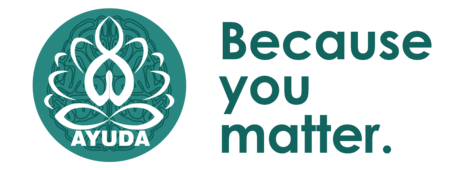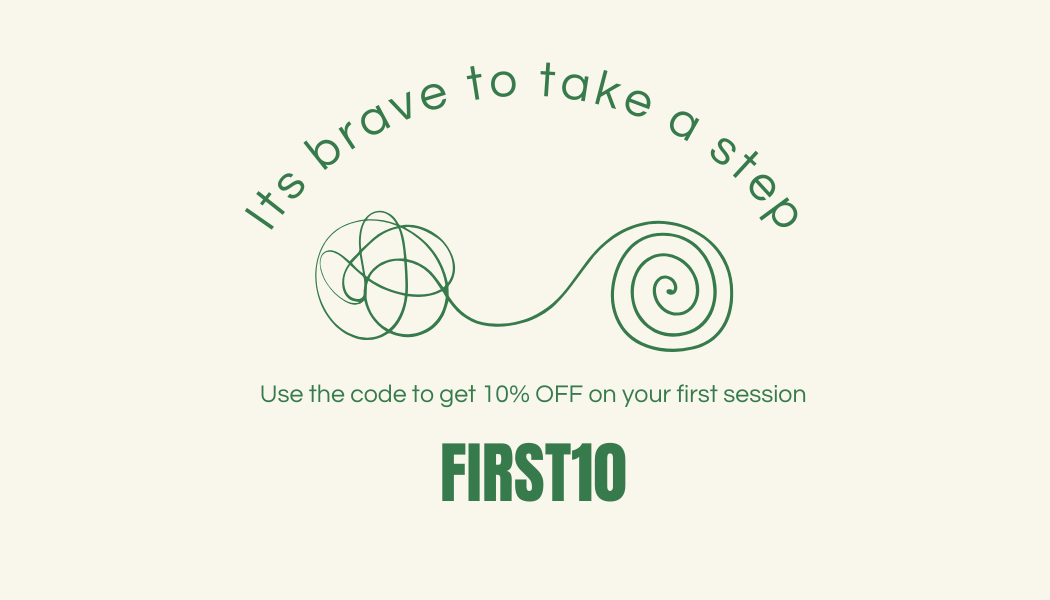Hypertension, commonly known as high blood pressure, is a prevalent chronic condition affecting millions worldwide. Effective management of hypertension is crucial to preventing severe complications such as heart disease, stroke, and kidney failure.
Among the various strategies to manage hypertension, patient counselling has been identified as a key component in ensuring long-term commitment to treatment plans and lifestyle modifications. Check out the significant impact of patient counselling on the long-term management of hypertension, highlighting its benefits, methodologies, and outcomes.

Role of Patient Counselling in Hypertension Management
1. Enhancing Patient Understanding and Awareness:
Patient counselling plays a major role in enhancing patients’ understanding of hypertension, its risks, and the importance of consistent management. Through personalized education, patients gain insights into the nature of their condition, the necessity of medication adherence, and the benefits of lifestyle changes such as dietary modifications, regular exercise, and stress management.
By comprehensively explaining the implications of uncontrolled hypertension, healthcare providers can motivate patients to take proactive steps in their health management.
2. Building a Therapeutic Alliance:
A strong therapeutic alliance between healthcare providers and patients is essential for successful hypertension management. Patient counselling builds trust and open communication, allowing patients to feel supported and understood.
This relationship encourages patients to discuss their concerns, challenges, and preferences, enabling healthcare providers to tailor treatment plans that align with patients’ lifestyles and goals. A collaborative approach ensures that patients are more likely to adhere to prescribed regimens and maintain regular follow-ups.
Related Articles:
- How To Think Positive When Depressed?
- Non Pharmacological Treatment for Depression
- How to Stop Worrying and Start Living?

How Counselors Do Counselling for Hypertension?
1. Personalized Approach: | Effective patient counselling should be customized to the individual needs and preferences of each patient. A personalized approach takes into account the patient’s medical history, lifestyle, cultural background, and personal goals. This individualized attention promotes a sense of trust and collaboration between the patient and the healthcare provider, leading to better outcomes. |
2. Clear Communication: | Clear and empathetic communication is essential in patient counselling. Healthcare providers should use plain language to explain medical terms and treatment plans. Visual aids, written materials, and digital resources can also enhance understanding. Encouraging patients to ask questions and express their concerns will assist them in understanding their condition and how to handle it. |
3. Regular Follow-Up: | Regular follow-up sessions are critical for reinforcing counselling messages and monitoring progress. These sessions provide opportunities to address any challenges the patient may be facing, adjust treatment plans as needed, and celebrate successes. Consistent follow-up demonstrates a commitment to the patient’s long-term health and promotes a strong therapeutic relationship. |
4. Empowering Patients: | Empowerment is a key goal of patient counselling. By equipping patients with knowledge and skills, counsellors empower them to take an active role in managing their hypertension. This sense of empowerment can lead to greater confidence, improved self-efficacy, and sustained positive health behaviours. |
Tip: For comprehensive hypertension counselling, turn to Ayuda Mind Care. Our team of top Indian psychologists is dedicated to providing personalized, effective patient counselling to help you manage your hypertension successfully.
We understand the physical and psychological challenges associated with high blood pressure and offer expert guidance on medication adherence, lifestyle changes, stress management, and more. At Ayuda Mind Care, we empower you to take control of your health and improve your quality of life. Book your counselling session today to begin your journey towards better hypertension management.
Outcomes of Effective Patient Counselling
1. Improved Blood Pressure Control:
Numerous studies have shown that effective patient counselling leads to significant improvements in blood pressure control. Patients who receive counselling are more likely to adhere to their medication regimens, adopt healthy lifestyle changes, and maintain lower blood pressure levels over the long term. This improved control reduces the risk of cardiovascular events and other hypertension-related complications.
2. Enhanced Quality of Life:
Patient counselling contributes to an enhanced quality of life for individuals with hypertension. By addressing both physical and psychological aspects of the condition, counselling helps patients feel better overall. They experience fewer symptoms, have more energy, and enjoy greater well-being. This improved quality of life can be sustained through continued adherence to treatment plans and healthy behaviours.
3. Reduced Healthcare Costs:
Effective hypertension management through patient counselling can also lead to reduced healthcare costs. Better blood pressure control means fewer hospitalizations, emergency room visits, and complications requiring medical intervention. By investing in patient counselling, healthcare systems can achieve cost savings while improving patient outcomes.
4. Increased Patient Satisfaction:
Patients who receive comprehensive counselling report higher levels of satisfaction with their healthcare experience. They feel heard, understood, and supported by their healthcare providers. This positive experience enhances trust in the healthcare system and encourages patients to remain engaged in their treatment plans.

As healthcare systems continue to evolve, integrating patient counselling into routine care will be essential for achieving better outcomes and ensuring a healthier future for those affected by hypertension.







